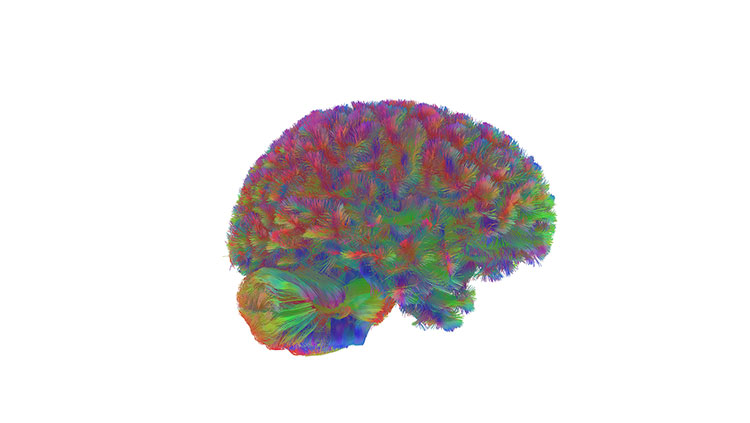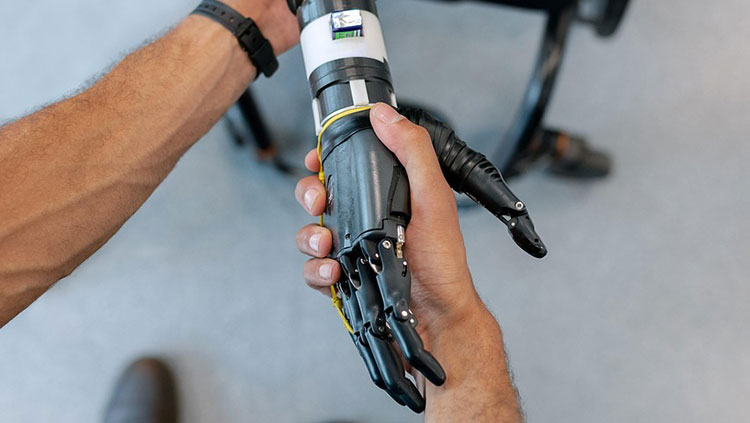Exercise May Protect the Aging Brain by Dialing Down Inflammation
- Published14 Jan 2022
- Author Alexis Wnuk
- Source BrainFacts/SfN

Regular physical activity beefs up the brain and supports our thinking and memory as we age, but how does exercise exert its neuroprotective effects at a cellular level? A new study shows physically active older adults have less reactive immune cells in their brains, researchers reported November 22 in the Journal of Neuroscience. The dampened immune activity correlated with better performance on a range of cognitive tests. Researchers used data from 167 older adults who participated in a study on memory and aging. Participants took a battery of cognitive tests and wore activity trackers for a few days every year until their deaths, which occurred, on average, three years later. They also consented to have their brains studied after they died. The researchers looked for markers of increased inflammation — specifically, signs that the brain’s resident immune cells, or microglia, were hyperactive. People who moved more in their day-to-day lives had diminished microglia reactivity in certain areas of the brain involved in memory, while the microglia of more sedentary adults appeared to be in overdrive.
Big picture: The relationship was strongest in individuals whose brains showed evidence of Alzheimer’s pathology, even if they didn’t experience memory problems while they were alive. This suggests that physical activity helped protect the brain from the deleterious effects of the toxic protein clumps characteristic of Alzheimer’s disease.
Read more: How Staying Physically Active May Protect the Aging Brain. The New York Times
More Top Stories
- Surgery to remove cataracts may reduce the risk of dementia in older adults. The New Scientist
- Researchers pin down the brain region that processes female genital stimulation. The Scientist
- Waking up just after drifting off to sleep boosts creativity. Science
- Men who take Viagra may be less likely to develop Alzheimer’s — but some scientists aren’t convinced. Healthline
- Regular marijuana use may hurt sleep. CNN
- Autism prevalence in the U.S. rose to 1 in 44 children in 2018. Spectrum
- NFL players are four times more likely to develop ALS. NPR
- Fish oil supplements aren’t helpful for depression. WebMD
- Exercise boosts plasma protein that dampens inflammation and improves memory. Scientific American
CONTENT PROVIDED BY
BrainFacts/SfN
Also In Neuroscience in the News
Trending
Popular articles on BrainFacts.org


















